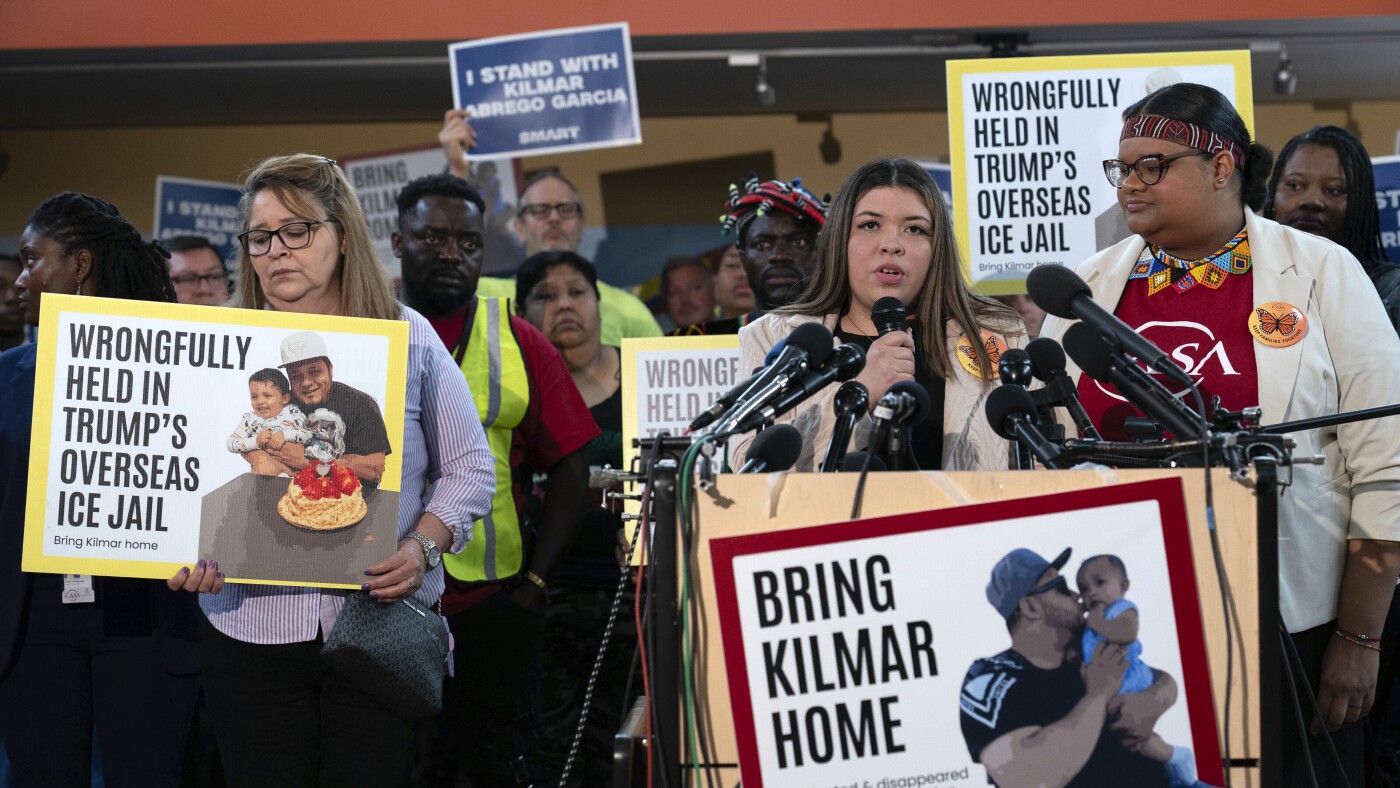Kilmar Abrego Garcia’s case presents a vivid illustration of the complexities and contradictions within U.S. immigration enforcement, particularly when bureaucratic errors collide with criminal prosecution. This report dissects the layers of his ordeal—from wrongful deportation to subsequent federal charges—revealing broader implications for immigration policy, legal safeguards, and human impacts.
A Journey Marked by Hope and Hardship
Kilmar Abrego Garcia’s story begins with escape and aspiration. Fleeing violence in El Salvador at just a teenager, he sought safety and opportunity in the United States. Establishing himself in Maryland, he became a sheet-metal apprentice and built a family that embodied his new life, with a young child born on U.S. soil anchoring his ties deeply in the community. Here lies the human core of his case: a migrant who embodies the American immigrant narrative of resilience and family-building against adversity.
The Fallout of a Mistaken Deportation
Despite more than a decade of residence, Abrego Garcia’s life was upended by an administrative decision under the Trump administration that led to his deportation—a move later ruled illegal by the Supreme Court. This error not only disrupted his personal life but ignited a broader legal and political challenge to current immigration enforcement practices. The deportation highlighted systemic flaws: inadequate due process protections, insufficient checks against wrongful removals, and the heavy cost such mistakes impose on individuals with established roots.
This episode acts as a case study exposing how immigration bureaucracy can malfunction with life-altering consequences, peeling back the layers of what is often treated as a technical or policy issue but is palpably human in its fallout.
The Paradox of Return amid Criminal Charges
Adding complexity, Abrego Garcia’s return to U.S. custody under criminal indictment casts an ironic shadow. Charged federally with transporting migrants without authorization, his prosecution underlines the government’s strict stance against migrant transport offenses, even as it acknowledges the prior deportation’s illegality. This juxtaposition creates a tension-filled narrative: a man wrongfully sent away now facing punitive legal action upon his return.
This dual reality poses challenging questions about justice and proportionality. How should the system reconcile an admitted administrative failure with subsequent enforcement of criminal laws? Can these processes coexist without exacerbating harm or undermining fairness? Abrego Garcia’s case forces policymakers and the public alike to confront these uncomfortable intersections.
Broader Legal and Policy Ramifications
At its core, this situation underscores a fragile balance underpinning U.S. immigration enforcement. On one hand, the system’s responsibility to maintain borders and uphold laws around migrant transportation is clear. On the other, the safeguarding of individual rights and protections against wrongful deportation are equally critical.
The case exposes vulnerabilities in immigration procedures—particularly the dangers of bureaucratic oversights—and the need for corrective frameworks that do not punish individuals further for errors made by the state. It ignites debate over how to implement reforms that integrate accountability without compounding injustice, highlighting calls for improved transparency, due process, and humane treatment.
The Human Dimension Beyond Policy
Often lost in legal discussions is the human narrative behind enforcement actions. Abrego Garcia’s journey—from a youth escaping danger, to a community member nurturing family ties, to a deportee navigating legal limbo—embodies the precariousness faced by many migrants. It reminds us that immigration decisions impact real lives with complex histories, aspirations, and vulnerabilities.
This human perspective amplifies the call for immigration policies grounded not just in law enforcement but also in empathy and fairness, recognizing the nuances and dignity within every case.
Reflecting Forward: Lessons and Warnings
The saga of Kilmar Abrego Garcia is a cautionary tale reflecting systemic challenges within U.S. immigration enforcement and criminal prosecution. It reveals how errors can cascade, complicating justice and deepening personal hardships, while underscoring the government’s commitment to enforcing criminal statutes.
For the immigration system to evolve, reforms must address the twin priorities of precision in administrative actions and measured, equitable application of criminal laws. Only by embracing accuracy, humanity, and coherence can such cases avoid becoming repeated tragedies.
In sum, Kilmar Abrego Garcia’s experience is a prism through which we can examine and learn from the collision of immigration policy flaws and criminal accountability—an urgent dialogue about fairness, reform, and the real people at the heart of immigration enforcement.











